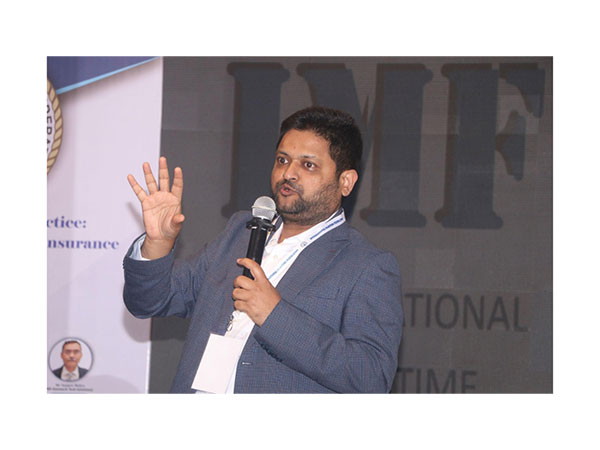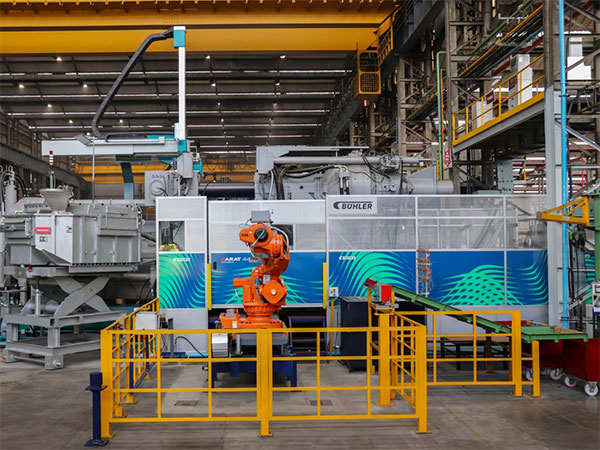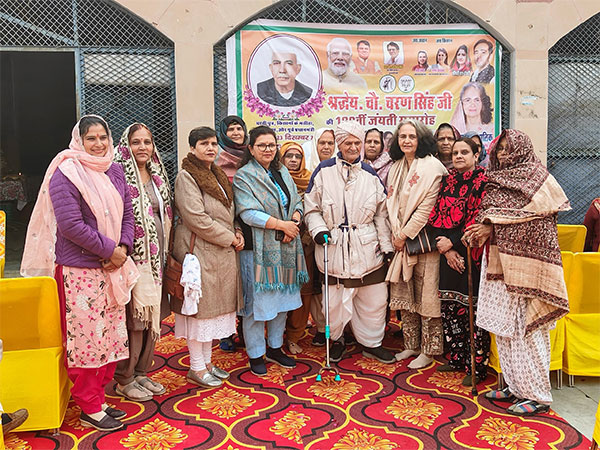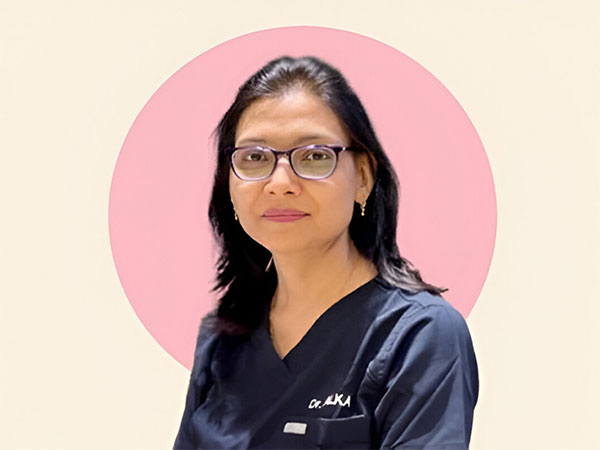
'AI will replace tasks, not jobs', says Stanford professor at Global Future Councils
Oct 17, 2024
Dubai [UAE], October 17: Artificial intelligence (AI) is the most influential technology since the creation of the Watt steam engine that sparked the Industrial Revolution, but most jobs in the future will remain safe providing businesses and policymakers prioritize augmentation over automation.
That's according to Dr. Erik Brynjolfsson, the Jerry Yang and Akiko Yamazaki Professor and Director, Digital Economy Lab, Stanford University, speaking at the 2024 Annual Meeting of the Global Future Councils (AMGFC24) in a panel titled "Keeping AI on Track".
Dr. Brynjolfsson described AI as a general purpose technology (GPT) that can "drive the arch of improvement". Addressing fears that AI will replace vast numbers of jobs, the professor explained how businesses and governments should be looking at how advanced technologies can replace tasks, rather than jobs.
"A job is a bundle of different tasks. AI can help with some of them," he said, citing the example of radiologists in hospitals. Dr. Brynjolfsson noted that the demand for radiologist tripled between 2016-2022 despite early fears that AI's superior image recognition would negate the need for radiologists in healthcare systems.
"There are about 27 distinct tasks that radiologists do. One of them is interpreting images. But they do other things, for instance sometimes they have to administer sedation. I want a human to be involved in that. AI helps with some tasks, but with others, you really need a human involved."
Dr. Brynjolfsson presented data showing that approximately 80 percent of the US workforce will have at least 10 percent of their tasks affected by AI. And 19 percent of workers may see at least 50 percent of their tasks being impacted by AI, especially in higher paid roles such as medical doctors.
He stressed that "too many" CEOs and policymakers look at how AI should automate jobs, saying "the bigger opportunity is to augment; use AI to increase what people can do".
Anticipating a period of "tremendous business transformation" over the next decade driven by AI, Dr. Brynjolfsson said: "Policymakers need to be watching this and preparing for this massive transformation."
The UAE is hosting the annual meeting for the second year running form 15-17 October at Madinat Jumeirah in Dubai, with the meeting setting the agenda for the WEF Annual Meeting that takes place in Davos in January. Since launching in 2008, the network of Global Future Councils has brought together more than 12,000 participants from 100 countries, convening in over 900 councils to examine some of the most important trends impacting humanity. The 2024 edition features 30 councils and over 700 participants from 80 countries including experts, thought leaders, futurists, senior government officials, business leaders, academics and representatives from research institutions, international organizations, and civil society organizations.
Source: Emirates News agency









